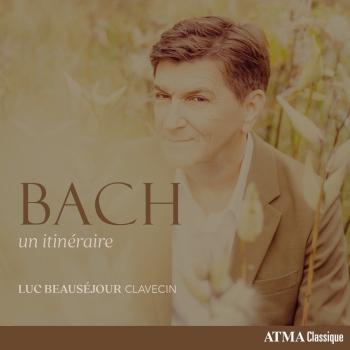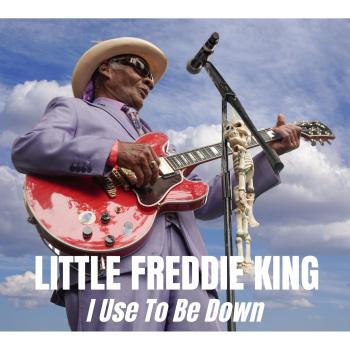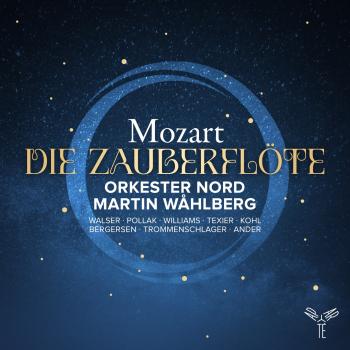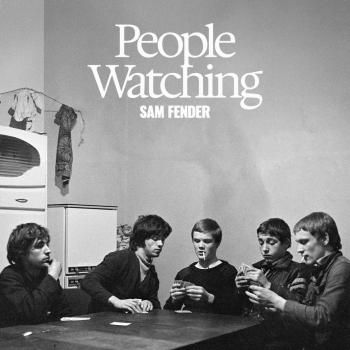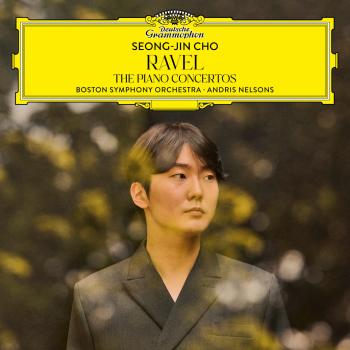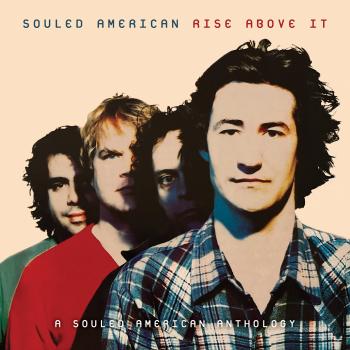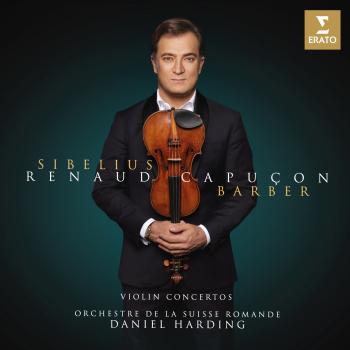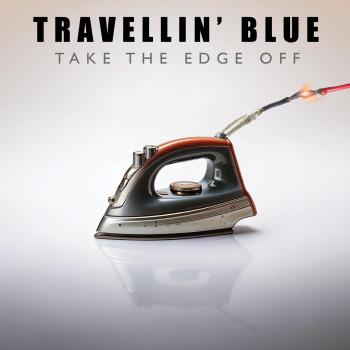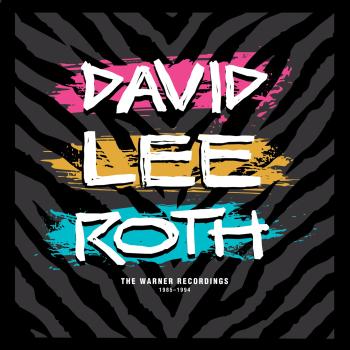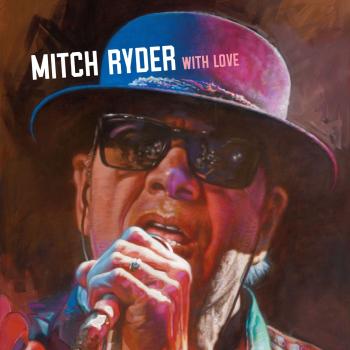
Street Of Dreams Grant Green
Album info
Album-Release:
1965
HRA-Release:
10.01.2014
Album including Album cover
I`m sorry!
Dear HIGHRESAUDIO Visitor,
due to territorial constraints and also different releases dates in each country you currently can`t purchase this album. We are updating our release dates twice a week. So, please feel free to check from time-to-time, if the album is available for your country.
We suggest, that you bookmark the album and use our Short List function.
Thank you for your understanding and patience.
Yours sincerely, HIGHRESAUDIO
- 1 I Wish You Love 08:44
- 2 Lazy Afternoon 07:45
- 3 Street Of Dreams 09:02
- 4 Somewhere In The Night 08:03
Info for Street Of Dreams
During 1961-65, Grant Green was everywhere, recording one classic after another. He could play everything: his soulful sound and expertise with single-note lines and melodic style made him a perfect fit for bop jams, stirring bop sessions, free explorations, Latin music and Swing sets. Green added funk and fire to soul jazz combos, trading explosive statements with powerful organists. On Street Of Dreams, he magically updates the classic soul Jazz style in a quartet with Larry Young, Bobby Hutcherson and Elvin Jones. The young all-stars all display highly individualized solo styles, filling the set with memorable surprises and plenty of heat. The four lengthy selections are highlighted by superb treatments of 'Lazy Afternoon' and 'I Wish You Love.' Most of all, it is the interaction between the four unique giants that make Street Of Dreams one of the great recordings of the early 1960s.
„Grant Green's second session with organist Larry Young, Street of Dreams brings back drummer Elvin Jones and adds Bobby Hutcherson on vibes for a mellow, dreamy album that lives up to its title. There are only four selections, all standards and all around eight to ten minutes long, and the musicians approach them as extended mood pieces, creating a marvelously light, cool atmosphere that's maintained throughout the record. Hutcherson is the perfect addition for this project, able to blend in with the modal advancement of the rest of the ensemble while adding his clear, shimmering tone to the overall texture of the album. All the musicians play with a delicate touch that's quite distinct from the modal soul-jazz on Talkin' About; it's not so much romantic as thoughtful and introspective, floating along as if buoyed by clouds. There aren't really any fireworks or funky grooves, as the music is all of a piece, which makes it difficult to choose the highlights from French songwriter Charles Trenet's 'I Wish You Love,' 'Lazy Afternoon,' the title track, or 'Somewhere in the Night.' It's another fine record in a discography filled with them, and yet another underrated Green session“. (Steve Huey)
Grant Green, guitar
Bobby Hutcherson, vibraphone
Larry Young, organ
Elvin Jones, drums
Recorded on November 16, 1964 at the Van Gelder Studio, Englewood Cliffs, New Jersey.
Mastered by Bernie Grundman
Grant Green
was born in St. Louis on June 6, 1931, learned his instrument in grade school from his guitar-playing father and was playing professionally by the age of thirteen with a gospel group. He worked gigs in his home town and in East St. Louis, IL, until he moved to New York in 1960 at the suggestion of Lou Donaldson. Green told Dan Morgenstern in a Down Beat interview: "The first thing I learned to play was boogie-woogie. Then I had to do a lot of rock & roll. It's all blues, anyhow."
His extensive foundation in R&B combined with a mastery of bebop and simplicity that put expressiveness ahead of technical expertise. Green was a superb blues interpreter, and his later material was predominantly blues and R&B, though he was also a wondrous ballad and standards soloist. He was a particular admirer of Charlie Parker, and his phrasing often reflected it. Green played in the '50s with Jimmy Forrest, Harry Edison, and Lou Donaldson.
He also collaborated with many organists, among them Brother Jack McDuff, Sam Lazar, Baby Face Willette, Gloria Coleman, Big John Patton, and Larry Young. During the early '60s, both his fluid, tasteful playing in organ/guitar/drum combos and his other dates for Blue Note established Green as a star, though he seldom got the critical respect given other players. He was off the scene for a bit in the mid-'60s, but came back strong in the late '60s and '70s. Green played with Stanley Turrentine, Dave Bailey, Yusef Lateef, Joe Henderson, Hank Mobley, Herbie Hancock, McCoy Tyner, and Elvin Jones.
Sadly, drug problems interrupted his career in the '60s, and undoubtedly contributed to the illness he suffered in the late '70s. Green was hospitalized in 1978 and died a year later. Despite some rather uneven LPs near the end of his career, the great body of his work represents marvelous soul-jazz, bebop, and blues.
A severely underrated player during his lifetime, Grant Green is one of the great unsung heroes of jazz guitar. Like Stanley Turrentine, he tends to be left out of the books. Although he mentions Charlie Christian and Jimmy Raney as influences, Green always claimed he listened to horn players (Charlie Parker and Miles Davis) and not other guitar players, and it shows. No other player has this kind of single-note linearity (he avoids chordal playing). There is very little of the intellectual element in Green's playing, and his technique is always at the service of his music. And it is music, plain and simple, that makes Green unique.
Green's playing is immediately recognizable -- perhaps more than any other guitarist. Green has been almost systematically ignored by jazz buffs with a bent to the cool side, and he has only recently begun to be appreciated for his incredible musicality. Perhaps no guitarist has ever handled standards and ballads with the brilliance of Grant Green. Mosaic, the nation's premier jazz reissue label, issued a wonderful collection The Complete Blue Note Recordings with Sonny Clark, featuring prime early '60s Green albums plus unissued tracks. Some of the finest examples of Green's work can be found there. ~ Michael Erlewine and Ron Wynn
This album contains no booklet.

